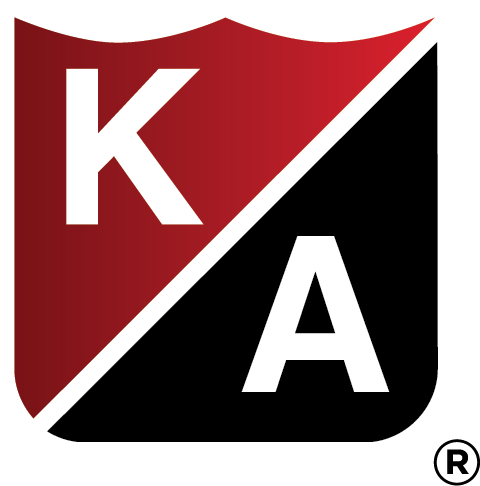It’s so hard to find talent. The biggest risk to our business growth is not being able to find people to do the work. The expectations of potential employees have changed.
Along with risks of cyber-attacks, supply chain impacts, water shortages, and infectious disease; not a single business in the architecture, construction and engineering industry doesn’t list the challenge of finding and retaining employees among the highest priorities. Overall, the labor force in the US is expected to rise by 8.0 million from 2019 to 2029, however, those increases are slower than in prior decades and are not expected to manifest evenly across industry. Almost 40% of that growth is expected in the healthcare and social assistance fields. The projection for the construction industry is less than a 5% growth in that time frame.
The competition is no longer between different contractors or engineers. The challenge now is how to excite high school and college students to be excited for the built marketplace and pursue careers in these fields. Enter the ACE Mentor Program.
ACE (architecture, construction, engineering) is not new. ACE was founded in 1994 as a free, after school program designed to attract high school students to the industry. Specifically, the mission is to engage, excite, and enlighten high school students to pursue careers in architecture, engineering, and construction through mentoring and continued support for their advancement into the industry. Today over 10,000 students participate annually from over 1,100 high schools. 69% are non-white and 33% are female. One quarter of ACE seniors entering college are first generation. More than 70% enter a skilled trade or college program focused on the built marketplace.
Businesses can help in two ways – financial and mentoring. The cost of education continues to be a roadblock for many students. Through ACE, approximately $2.5 million in scholarships are awarded annually to students that are pursuing industry related programs. These scholarships come almost exclusively from contributions from businesses committed to developing this talent pipeline. Secondly, these students continue to report that industry mentors have the biggest impact on their career choices. Mentors are members of the local community, passionate about the industry and what they do, and willing to serve as role models, trusted friends, and career advisors. Mentors also benefit from personal career growth, expanded network opportunities, and a positive impact on the employer’s community engagement and outreach goals.
We are thrilled to participate in a conversation about ACE and hear first-hand about the personal benefits of the program. Our guests on ilume this month are Monica Worheide, Khalil Berryhill, and Saura Jost. Monica is the National Director of Affiliates for ACE. Khalil is currently Director, Regional Programs (Central); and has experiences as both a former mentor and student in the ACE program. Saura is a Structural Engineer with Meyer Borgman Johnson, a current a board member of the Twin Cities affiliate, and long-time mentor in the program.
ACE affiliates exist across the country, and you can connect with your local affiliate through ACE Affiliates. The challenges of attracting and retaining talent in the built marketplace are not going away. Take a new step and get involved with ACE Mentor Program today.



